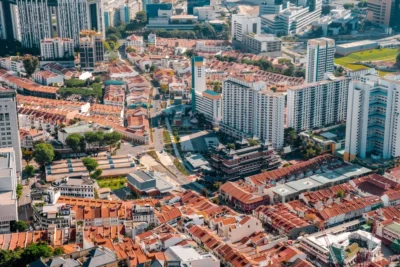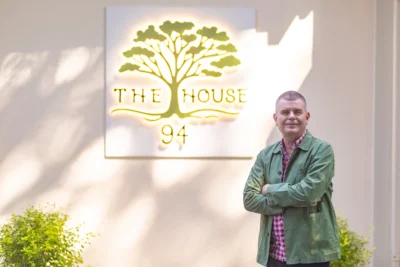New Zealand’s affordable housing scheme falls short of targets

A government-supported programme to promote home ownership among New Zealanders has missed bold targets.
Radio New Zealand is reporting that only 10,355 homes have been contracted to be built under the KiwiBuild scheme — or just a tenth of the 100,000 units targeted for completion by 2028.
The Kiwi government has already lowered its first-year goal of completing 1,000 homes to a third of that and scrapped the three-year target of 10,000 units. Fewer than half of the 62 completed units have been sold so far, RNZ reported.
Eligible buyers of KiwiBuild properties are limited to aspiring first homeowner-occupiers who are New Zealand citizens or permanent residents.
However, KiwiBuild is only eight months into a 10-year programme and “thousands more homes” are currently being negotiated, stressed Housing and Urban Development Minister Phil Twyford in a statement.
“The government is beavering away behind the scenes to improve the KiwiBuild programme for both first home buyers and developers, and we’ll have more to say on this soon,” he said.
“[Twyford] promised big, he didn’t quite work out how he was going to do it, and now he’s got a situation where it doesn’t matter how many developers he signs up to build houses for him, he’s got no guarantee people want to buy what he’s building,” Judith Collins, National Party spokesperson for Housing and Urban Development and a vocal critic of the scheme, was quoted as saying.
Meanwhile, Nigel Mckenna from Development Advisory Services chalked up the shortfall in completions to capacity constraints in infrastructure, land, resources, and finance. “ I think the target will, ultimately over time, be revised downwards slightly,” Mckenna said.
Leonie Freeman, chief executive of the Property Council, imputed the deficit in completions to unrealistic targets in the first place. “Some of those initial goals of 1,000 [homes] in 12 months might have been a bit unrealistic,” she said.
“But we need to see it as a great big funnel and as we resolve a lot of the barriers and the blockages, these numbers will scale up.”
Recommended
Foreign demand recalibrates in Southeast Asia housing markets
Even amid global headwinds, Southeast Asia’s property markets hold appeal for foreign buyers
Tariffs and turmoil test Singapore homes as suburbs hold firm
Foreign levies, regional wars, and buyer fatigue are putting pressure on the city-state’s housing market
Gulf luxury markets lure global capital amid policy shift
Gulf nations are shaking off a reputation for overt bling to lead a post-pandemic luxury boom
China housing slump deepens as oversupply drags prices
Concerns remain over surplus inventory built by troubled property developers as prices continue to fall across all but a handful of major cities








